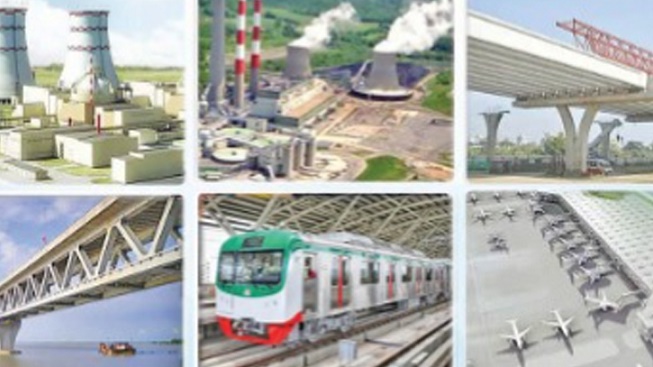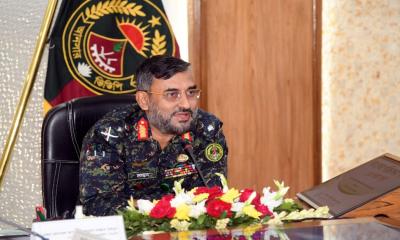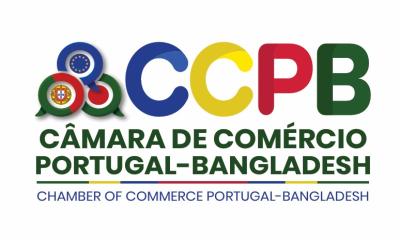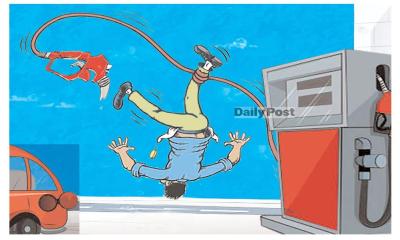-Since 2010, AL govt grabbed more than Tk 29K crore in the name of Smart Bangladesh project
The Information and Communication Technology (ICT) Division of the Awami League (AL) government has taken one project after another since 2010.
Then in December 2022, the then Prime Minister Sheikh Hasina changed the slogan and brought forward the idea of 'Smart Bangladesh'. Through this slogan, all the services and media of the country are promised to transform into digital, build an inclusive society and build a business-friendly environment by 2041. More new projects were taken under this.
It was known from 2010 until their removal from power, the Awami League government launched projects worth nearly BDT 290 billion through the ICT department. However, most of these initiatives have not been successful.
Among the fruitless projects, Hi-Tech Park project is most discussed. Hi-Tech Park, IT Park, Software Technology Park, IT Training and Incubation Center, IT Business Incubator Center, Frontier Technology Institute and other related.
According to the Hi-Tech Park Authority, the company has completed five projects so far, with a total cost of BDT 7.88 billion. Ten more projects are ongoing, with a cost estimated at BDT 71.30 billion.
Between 2015 and 2022, the then-government spent over BDT 130 billion on various projects to establish digital literacy institutions, including Sheikh Russel Digital Labs and Sheikh Kamal IT Training and Incubation Centers. Some of these projects have already been inaugurated. However, a field inspection revealed that equipment at various inaugurated institutions had been left neglected and deteriorated.
According to a report from the Bangladesh Bureau of Education Information and Statistics (BANBEIS), while the teacher-student ratio is close to the ideal standard, there is a severe shortage of teachers in crucial subjects like Information and Communication Technology (ICT). Out of 11.33 million students in ICT, there are only 14,712 teachers, resulting in one teacher for every 689 students.
The government has undertaken several initiatives to expand the network infrastructure, including Connected Bangladesh, the Digital Connectivity Establishment, and the National ICT Infrastructure Development (Info Government Phase I, II, and III). The government has made substantial investments in these projects. However, residents of rural and remote areas have not yet benefited from these improvements.
Another notable example is the project titled "Digital Government and Economy Strengthening." This project is being implemented by the ICT Division in collaboration with the World Bank and the Bangladesh government. It aims to provide training in 22 technology-related subjects to 20,000 IT graduates and emerging talents. Additionally, it includes training to make 80,000 graduates employment-ready, the development of a national job portal, establishing a Smart Leadership Academy, policy formulation, and increasing technology sector export earnings to 5 billion dollars by 2025.
The project also involves some infrastructure development. The total expenditure for completing these activities is estimated at BDT 25.41 billion. The project is still ongoing, but there are doubts among stakeholders about whether its objectives will be achieved.
Nahid Islam, the Interim Government's Advisor on Posts, Telecommunications, and Information Technology said that the previous government undertook unnecessary projects using taxpayers' money. We have observed that in many cases, the feasibility of these projects was not even assessed. These projects were initiated to benefit party loyalists through political favoritism. We will review and assess the projects currently underway to build a new Bangladesh and strengthen the institutions. We will not allow the people's hard-earned tax money to be wasted.
ZH






